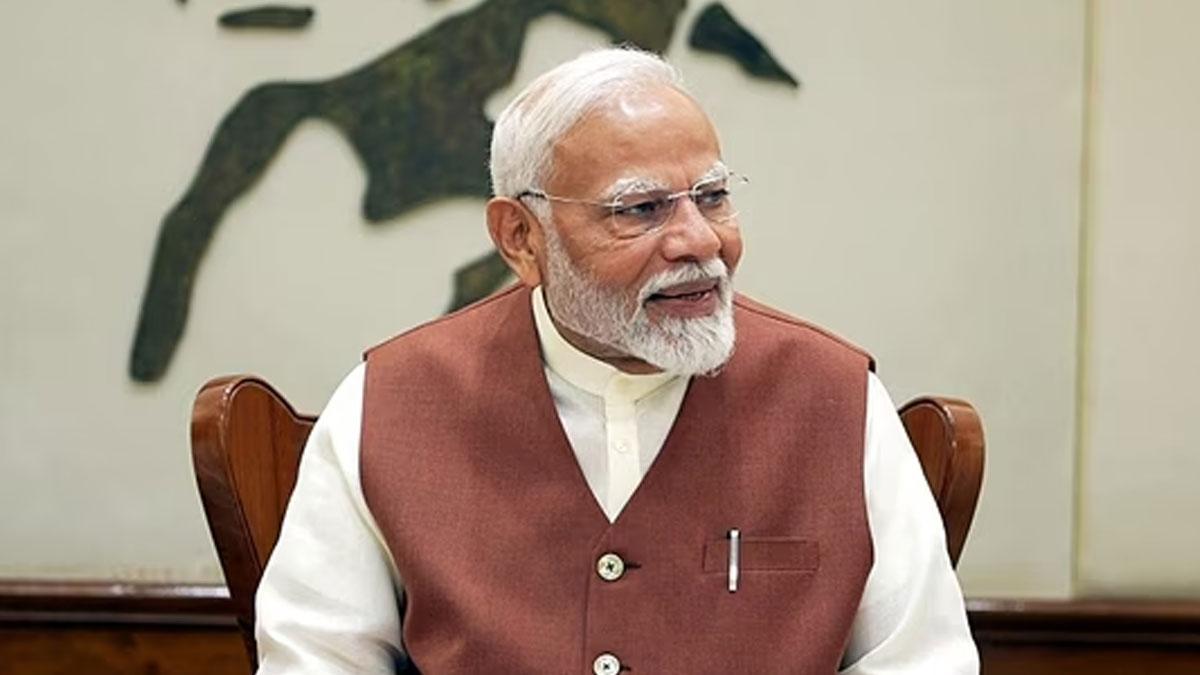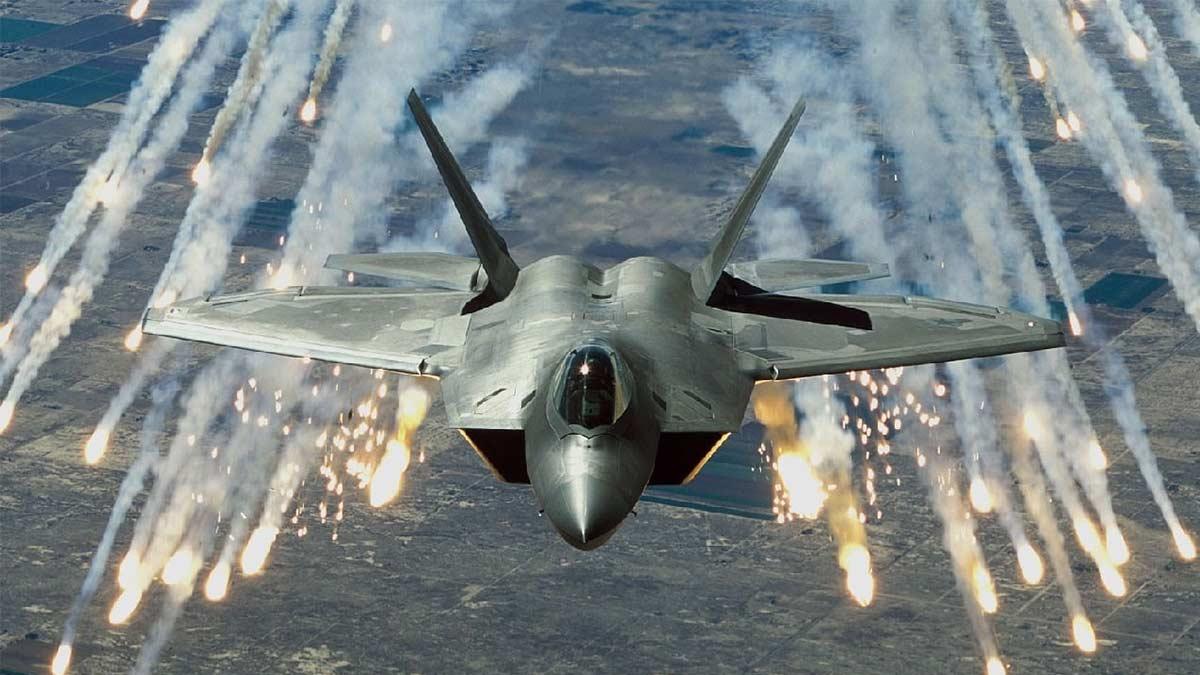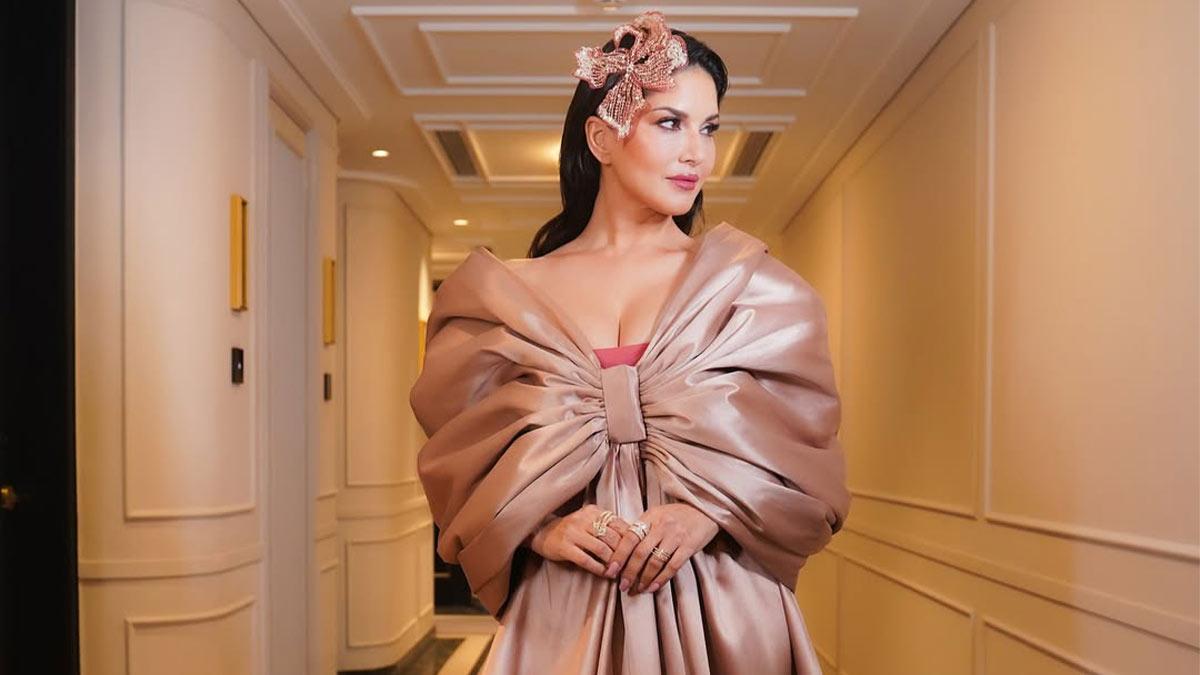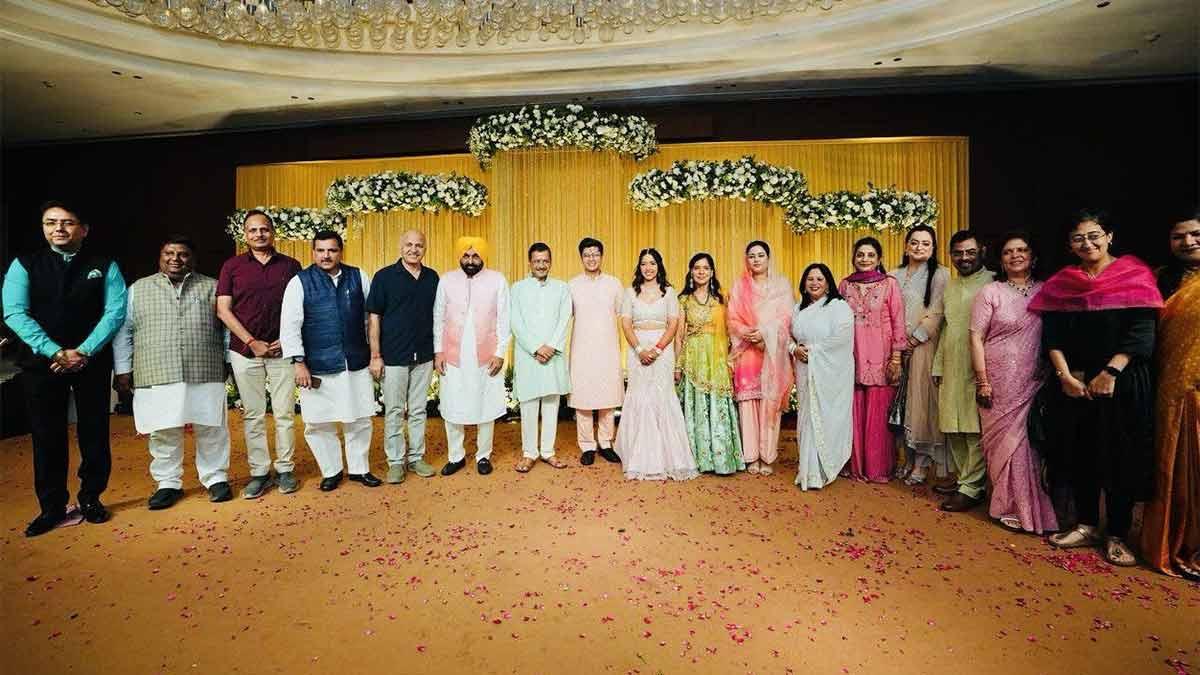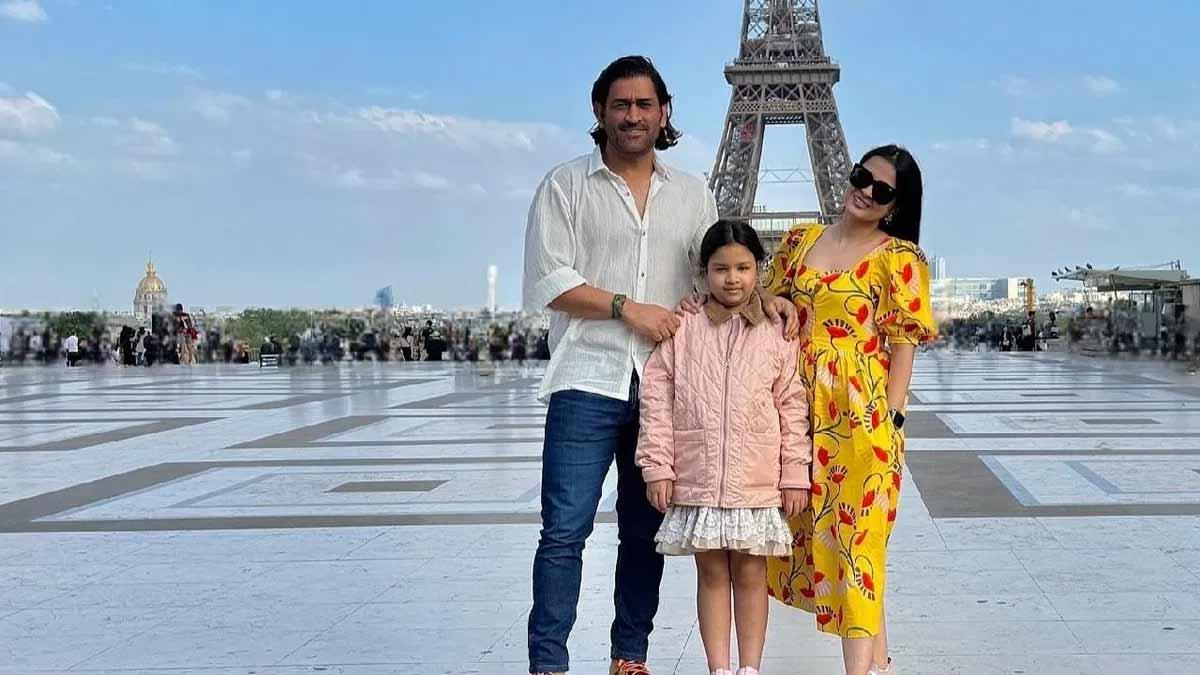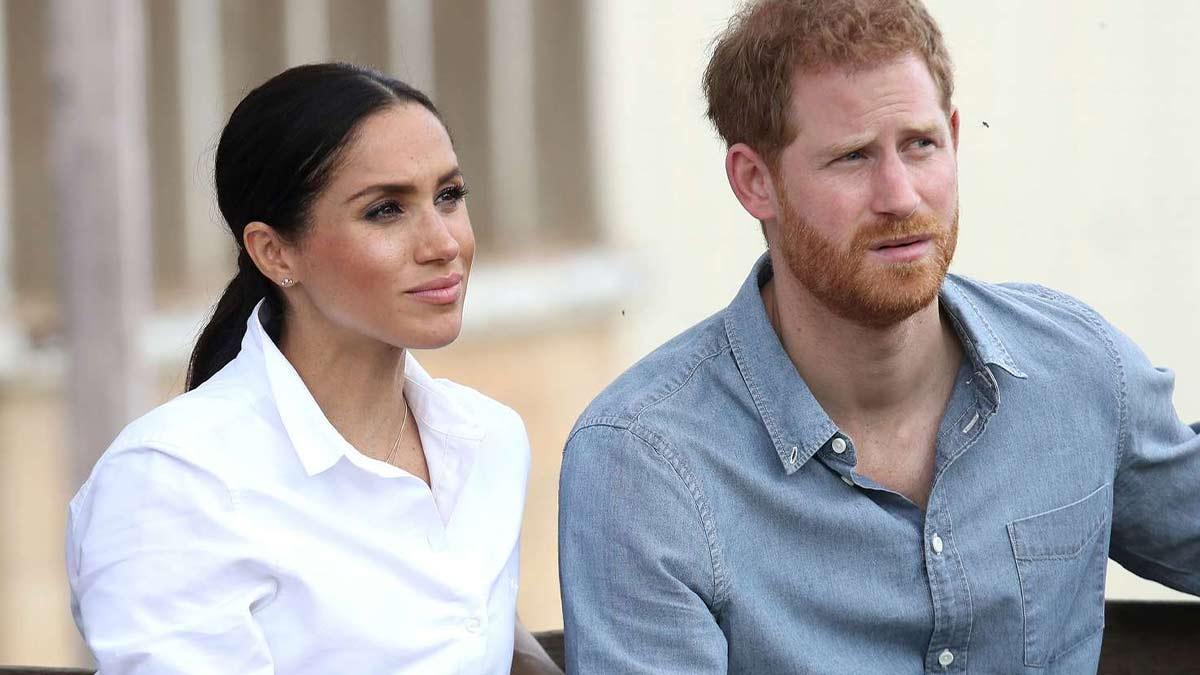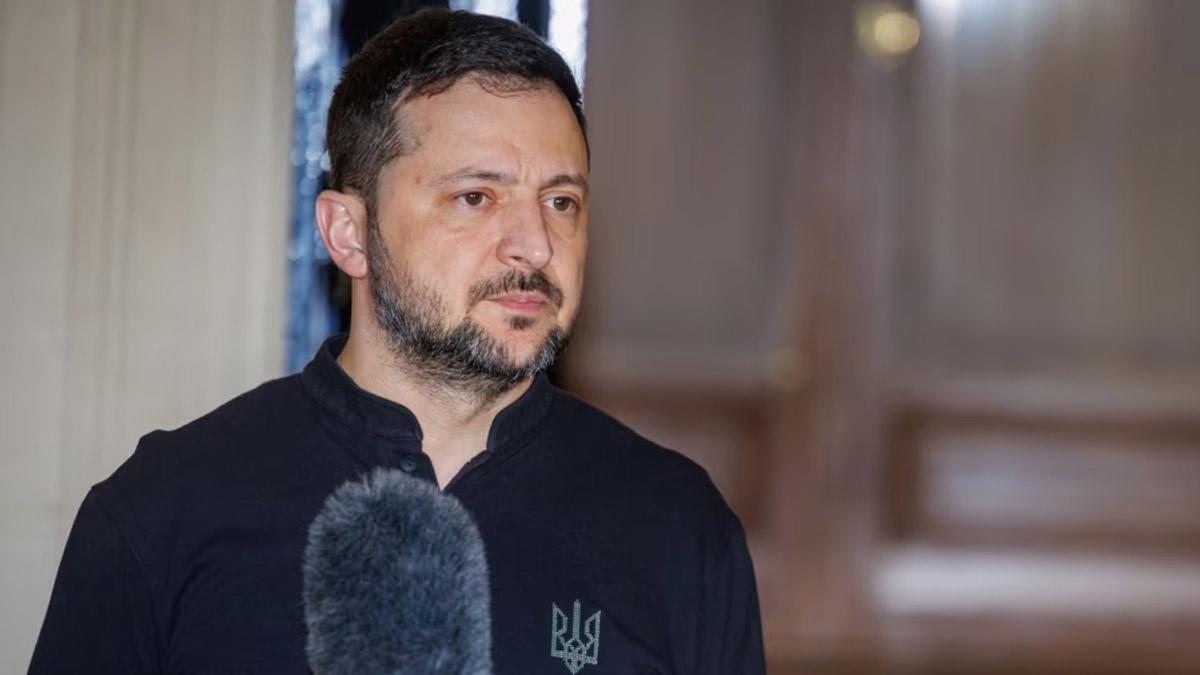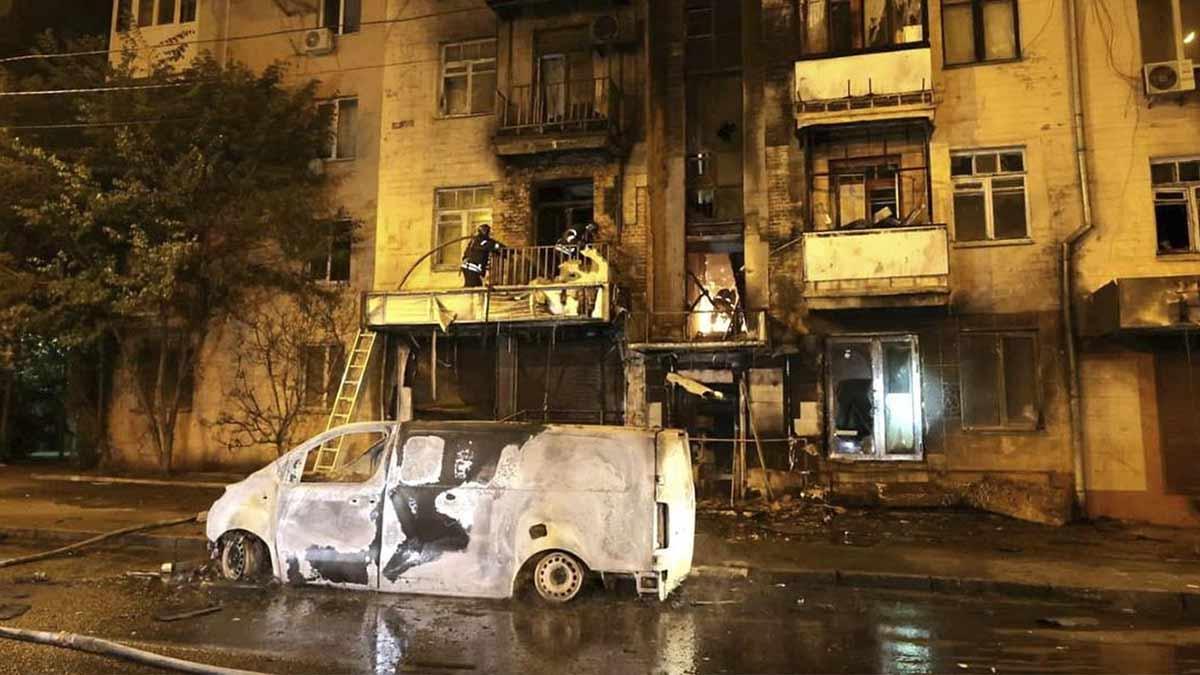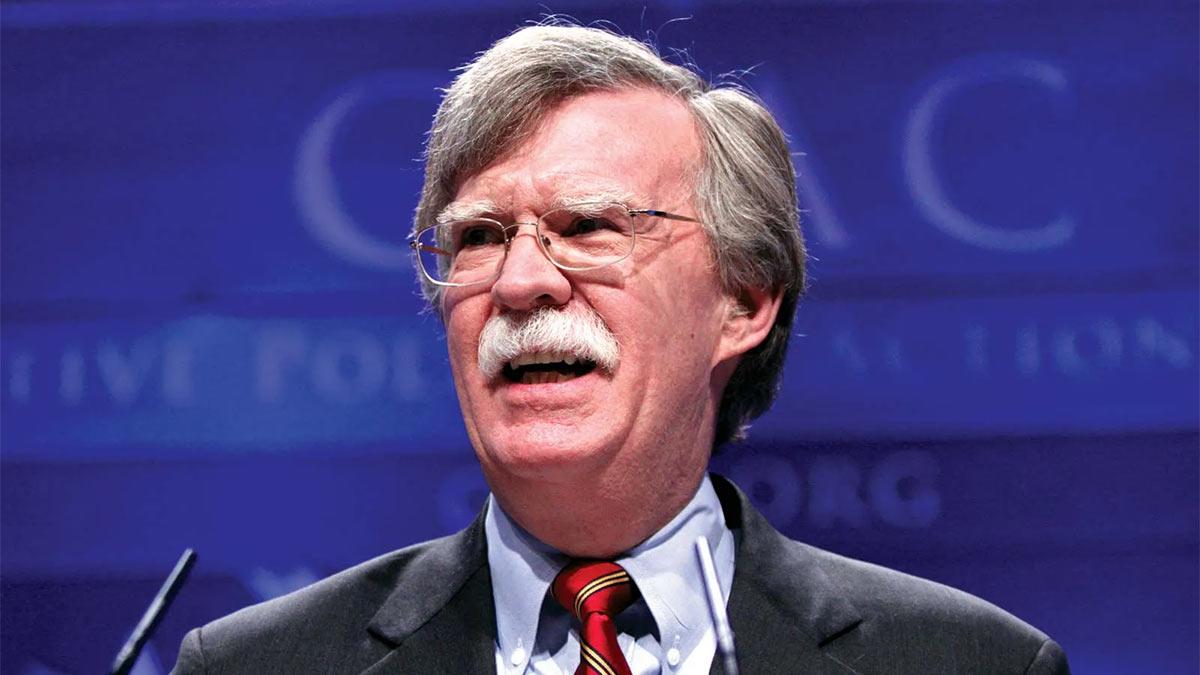Ahead of his keenly watched visit to war-torn Ukraine, Prime Minister Narendra Modi on Thursday reiterated India's firm belief that conflicts can't be solved on the battlefield and reiterated the country's willingness to join the effort for the restoration of peace and stability in the region.
Modi's comments were after extensive talks with Polish Prime Minister Donald Tusk, during which the two countries upgraded their relations to a strategic partnership and inked a social security agreement designed to increase the mobility of highly skilled workers.
In a joint statement, the two leaders stressed respect for the principles of international law, and noted that all states should avoid any threat or use of force against the territorial integrity, sovereignty, or political independence of any state.
The Prime Minister turned towards the media and expressed deep concerns, saying, “This is India’s firm belief that no problem can be solved on the battlefield. In any crisis, the loss of lives of innocent people has become the biggest challenge for the whole of humanity,” he said.
“We support dialogue and diplomacy for the early restoration of peace and stability. For this, India, along with its friendly countries, is ready to provide all possible support,” he said in his statement to the media.
After visiting Warsaw, Modi will travel by train to Kyiv, the Ukrainian capital, with tight security in place. The journey is likely to take upward of 10 hours. Since the Russian invasion of Ukraine, many world leaders—among them, U.S. President Joe Biden, French President Emmanuel Macron, and German Chancellor Olaf Scholz—have visited Kyiv by train.
Modi will have one-on-one and delegation-level talks with President Volodymyr Zelenskyy during his nearly seven-hour stay in Kyiv, where he is likely to discuss strategies for the resolution of the conflict in Ukraine.
India has been all the time seeking solution through dialogue and diplomacy, without a shred of condemnation for the Russian invasion of Ukraine. During last month's summit with Russian President Vladimir Putin in Moscow, Modi told him that a solution to the conflict in Ukraine cannot be found on the battlefield, but has to be found at the negotiating table.
The joint statement issued after the Modi-Tusk talks expressed "deepest concern" over the continuing war in Ukraine, taking cognizance of its humanitarian consequences. The leaders reiterated the need for an overall, fair, and lasting peace, in tune with international law, respect for sovereignty, and territorial integrity enshrined in the UN Charter.
They also discussed the "negative impacts" of the Ukraine war on global food and energy security, especially with regard to the Global South. The joint statement stressed, "In the context of this war, they shared the view that the use, or threat of use, of nuclear weapons is unacceptable."
The leaders pointed to the fact that as the two largest democracies in the world, a shared responsibility rested with the EU and India regarding security, prosperity, and sustainable development in a multipolar world. They reaffirmed an undertaking to holding fast by a principle of strengthening an Indo-EU Strategic Partnership which holds immense global potential.
The two leaders called for a free, open, and rules-based Indo-Pacific, with respect for maritime law—in particular, the United Nations Convention on the Law of the Sea—with full respect for sovereignty, territorial integrity, and freedom of navigation.
Modi, for his part, termed the relations with Poland to be very special and said they are celebrating the 70th anniversary of the establishment of diplomatic relations between India and Poland. He announced that their relations have been upgraded to a strategic partnership and thanked Poland for help in the evacuation of Indian students from Ukraine during the early days of the conflict in Ukraine in 2022.
Polish Prime Minister Tusk, in his speech, said that Warsaw was keen to boost defense ties with India and would support military modernization efforts of New Delhi, adding, "We are ready to take part in the modernization of military equipment."
Modi also attached importance to India-Poland defense ties, saying, "Close cooperation in the field of defense is a symbol of our deep mutual trust. Mutual cooperation in this area will be strengthened."
He further went on to add that both countries agree on the urgent need for reforms in the United Nations and other international institutions to address various challenges across the world. “Terrorism is a big challenge for us. More such cooperation is necessary between countries like India and Poland which believe in humanity,” he said.
“Similarly, climate change is a matter of shared priority for us. We both will work for a green future by combining our capabilities,” he said.
“Poland will assume the presidency of the European Union in January 2025. I am confident that your cooperation will strengthen the relations between India and the EU,” he added.
Read also | Ukrainian Drone Assault Ignites Blaze at Russian Military Base
Read also | Bill Clinton Highlights Clear Choice Between Kamala Harris and Trump at DNC

